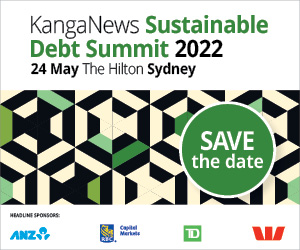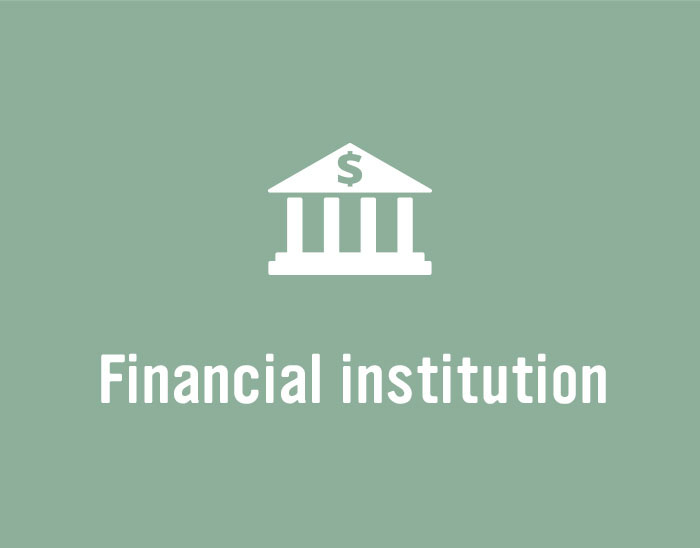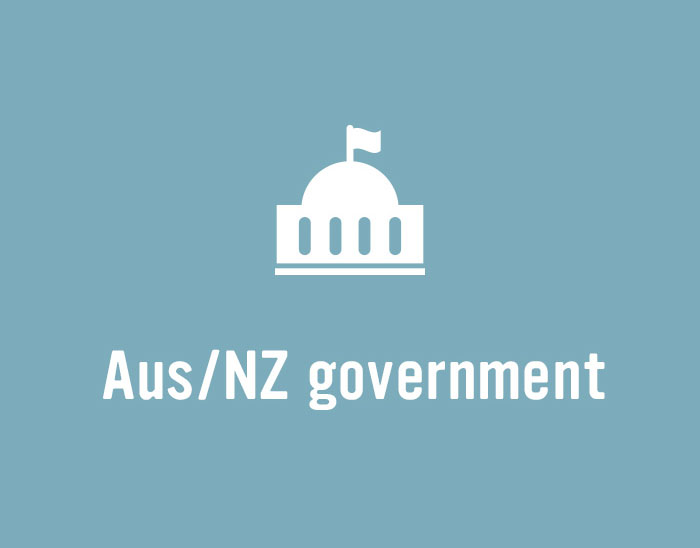
Auckland Council reaps euro pricing benefit from regular-issuer status
Auckland Council issued its first green bond in the euro market, as the second-ever New Zealand-based issuer to do so. As well as the green label, the borrower says its commitment to returning to market enabled it to price in line with international peers.
Auckland Council priced its €500 million (US$574.3 million) 10-year green bond on 8 November. The council is the only Australasian government-sector issuer to execute foreign-currency deals regularly in recent years, printing two transactions in 2017 and one in 2019 – all vanilla.
John Bishop, group treasurer at Auckland Council, says the borrower’s commitment to returning to the euro market has helped reduce its new-issue concession over time.
“We compare ourselves to the Canadian provinces and we have typically always priced wider than them because they issue frequently in the euro market,” he explains. “Now our margin is almost flat as we have become a semi-regular issuer.”
Auckland Council also funds itself via the New Zealand Local Government Funding Agency and its own domestic programme. But Bishop explains accessing offshore markets – where it can attain greater volume – is important due to the substantial growth of the borrower’s balance sheet.
Speaking to KangaNews following its recent NZ$300 million (US$211.1 million) six-year transaction, Auckland Council flagged that a foreign-currency deal was in the offing. Volatility in global interest-rate markets delayed execution, however.
Andrew Duncan, Sydney-based head of debt capital markets, Australia and New Zealand at HSBC – which was lead manager alongside Citi, UBS and Westpac New Zealand – says the US Federal Reserve’s statement earlier in the month on its intention to phase out bond buying gave markets clarity, stabilising conditions as Auckland Council began marketing its deal on 4 November.
Mat Carter, Auckland-based director and head of debt capital markets and syndicate at Westpac, says investor feedback through the marketing process, combined with the bond’s green format, mitigated the risk of any lingering market volatility. Auckland Council’s constructive engagement with euro investors over the years also bolstered support, Carter adds.
The deal landed on a margin of 18 basis points over mid-swap after being marketed in the 25 basis points area and launching at 20 basis points.
Extending Auckland Council’s euro curve out from its outstanding 2029 line, which was trading at 14 basis points over mid-swap prior to launch, Duncan says the 2031 deal priced between fair value and a new-issue concession of 1 basis point.
Orderbook volume surpassed €3.5 billion, and Bishop says 130 investors participated in the transaction of which 91 received allocations. He adds 53 of those are new investors to Auckland Council. Distribution statistics have not been disclosed.
The deal takes the issuer to approximately NZ$1.1 billion of its NZ$1.5-2 billion funding requirement for the financial year.
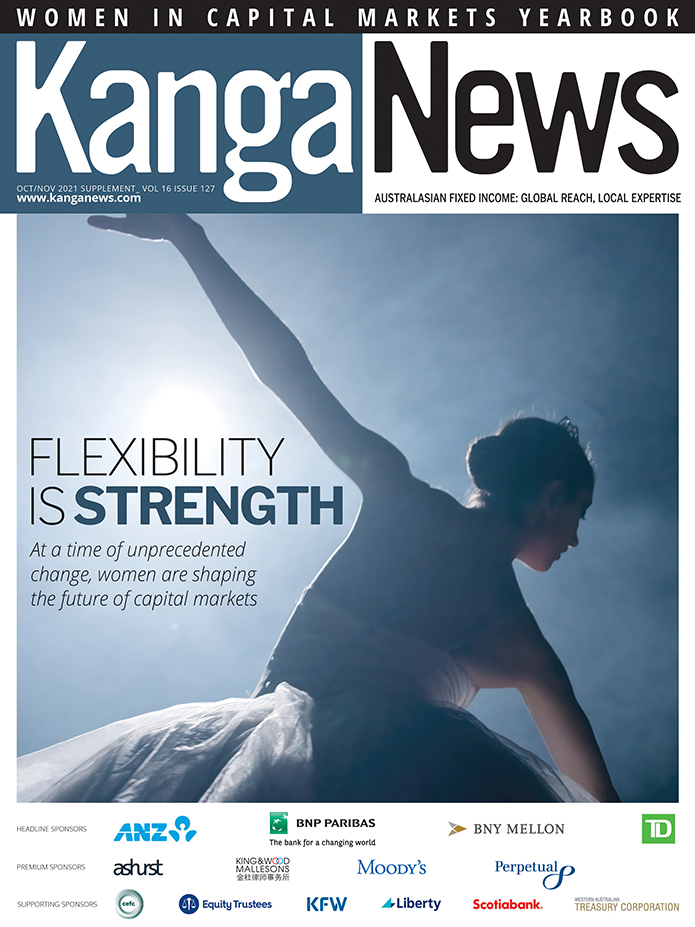
WOMEN IN CAPITAL MARKETS Yearbook 2021
KangaNews's annual yearbook amplifying female voices in the Australian capital market.
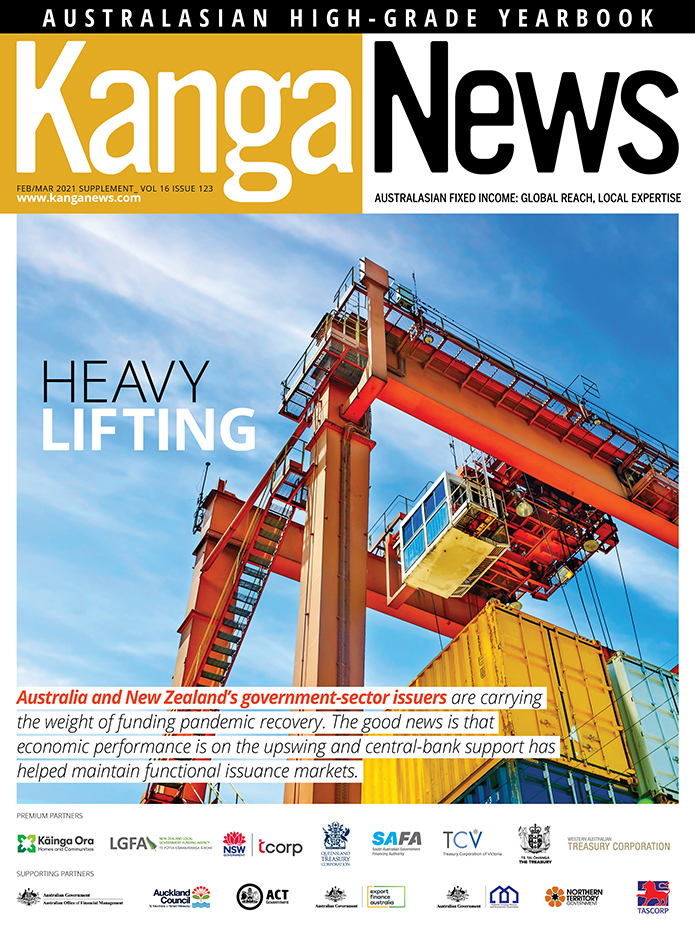
HIGH-GRADE ISSUERS YEARBOOK 2021
The ultimate guide to Australian and New Zealand government-sector borrowers.
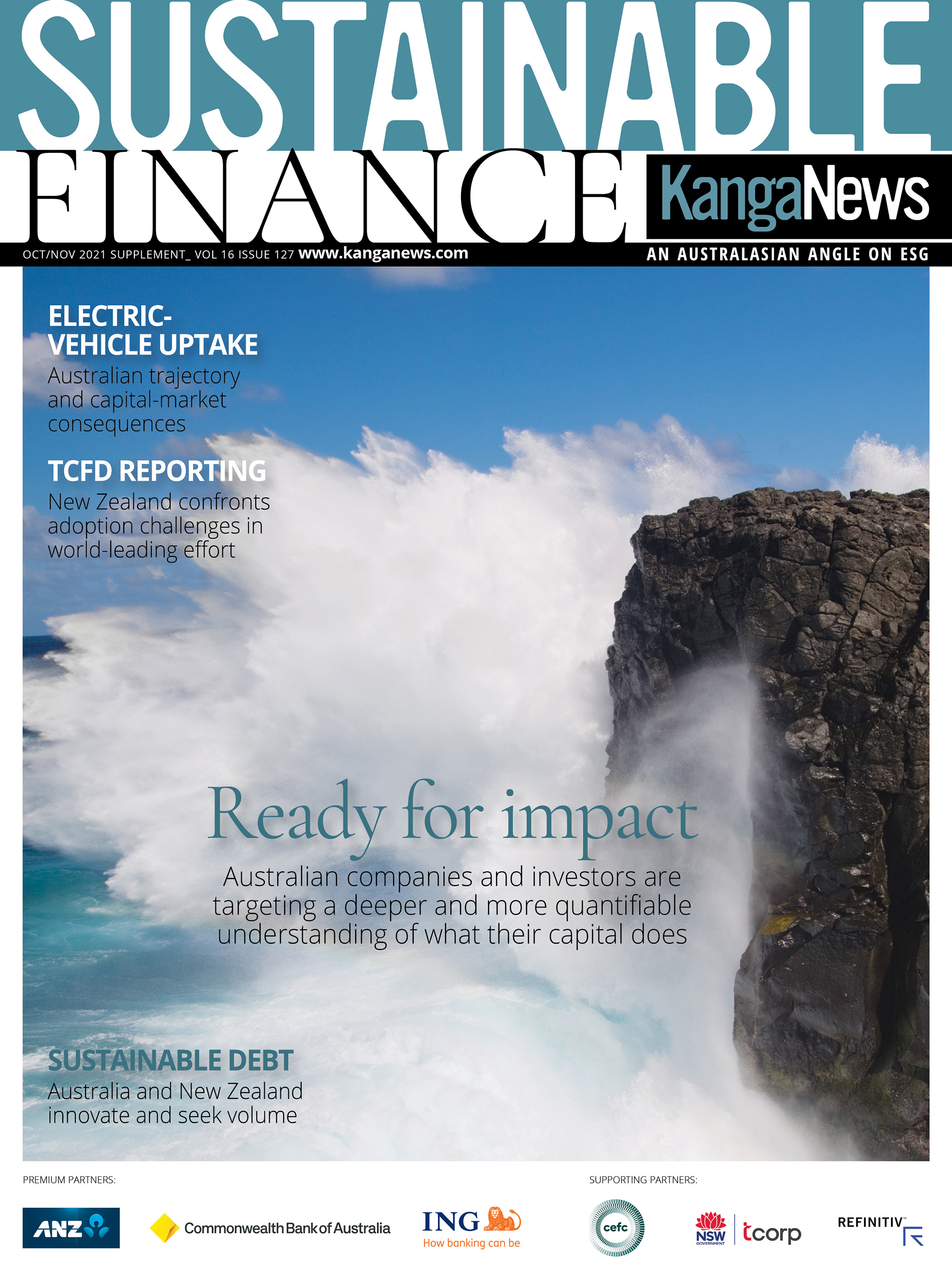
KANGANEWS SUSTAINABLE FINANCE H2 2021
KangaNews is proud to share cutting-edge information from the global and Australasian sustainable debt market.





